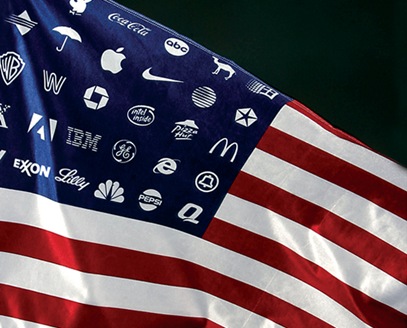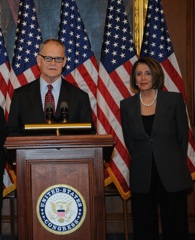2010: The Year of the Corporate Candidate?
 After the Supreme Court declared that corporations have the same rights as individuals when it comes to funding political campaigns, the self-described progressive firm, Murray Hill, Inc., took what it considers the next logical step: running for office in Maryland’s 8th Congressional District.
After the Supreme Court declared that corporations have the same rights as individuals when it comes to funding political campaigns, the self-described progressive firm, Murray Hill, Inc., took what it considers the next logical step: running for office in Maryland’s 8th Congressional District.
The corporate candidate has its own Web site, Facebook page (with nearly 6,000 fans), and an online ad on YouTube that has drawn more than 187,000 hits. The video ends with an inspiring call to action: “Vote for Murray Hill Incorporated — the best democracy money can buy.”

 As state and local governments consider taxing soda and sugary drinks to raise money and address the national
As state and local governments consider taxing soda and sugary drinks to raise money and address the national 
 The
The